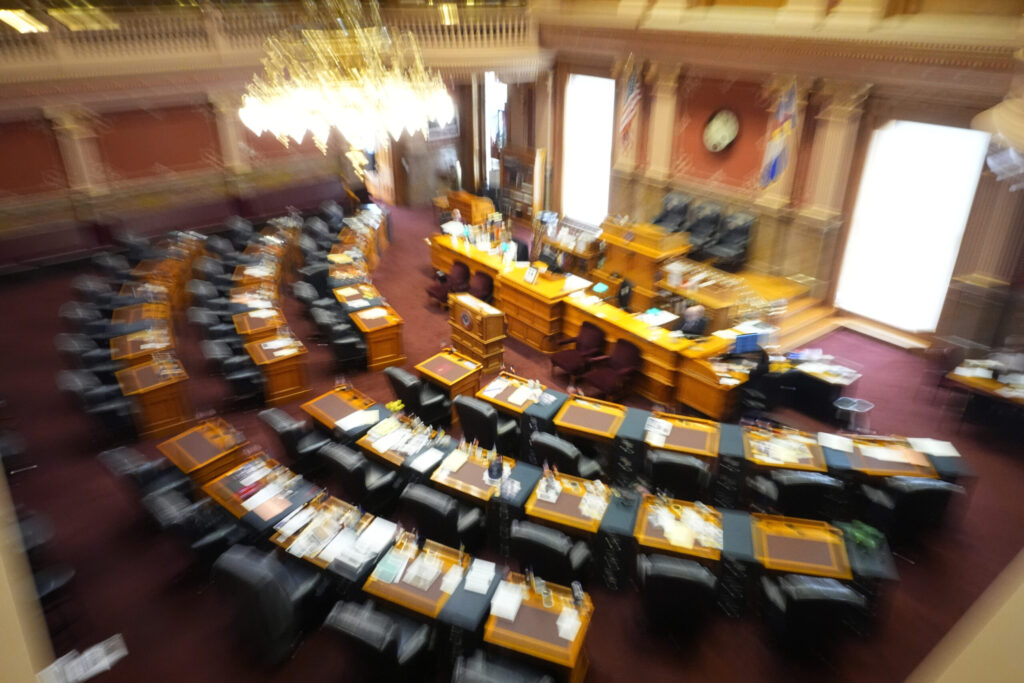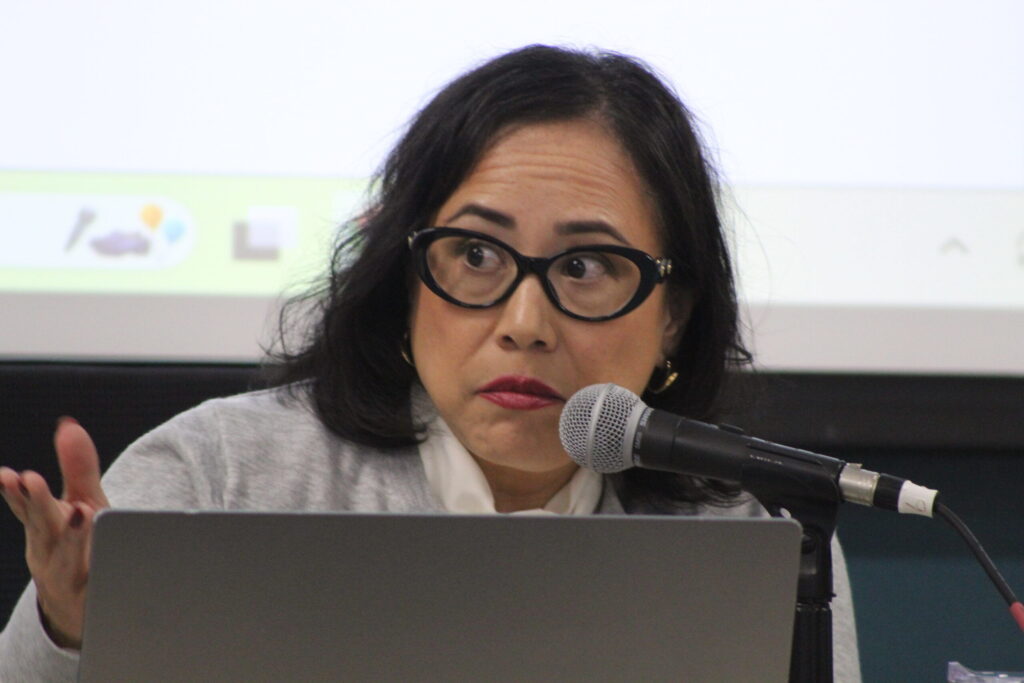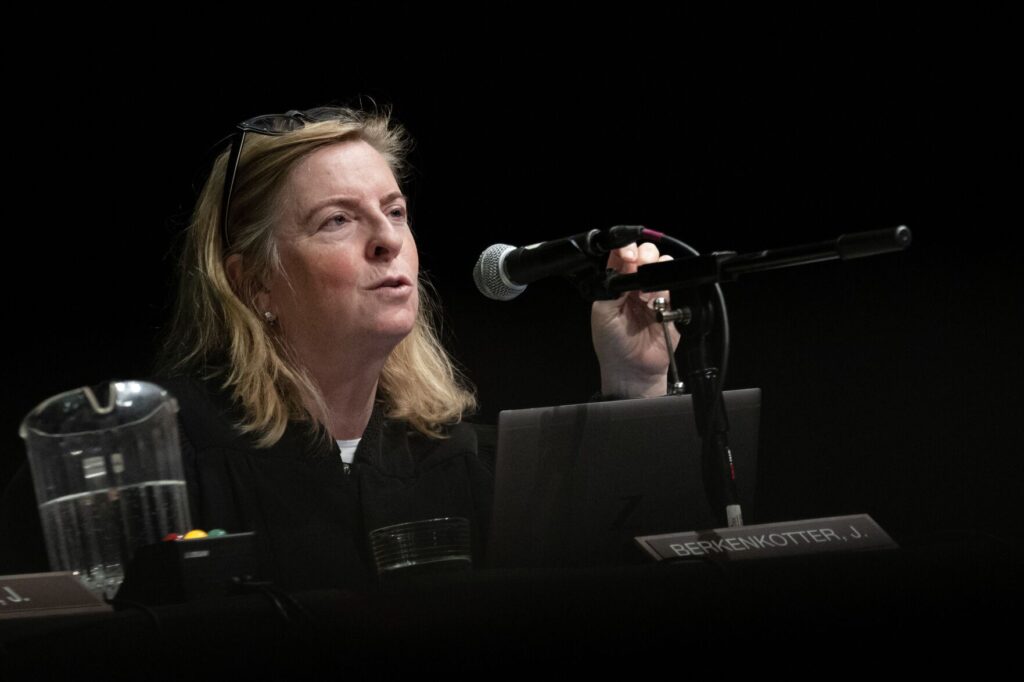Surge in electric cars cheers environmentalists, worries highway budgeters
The governors of Colorado, Utah and Nevada are putting some juice into driving an electrical vehicle across their parts of the West. Charging stations are in the public works along major highways across the three states, including interstates 25, 70 and 76 across Colorado
Gov. John Hickenlooper, Utah Gov. Gary R. Herbert and Nevada Gov. Brian Sandoval said they would develop a plan over the next year to put up stations to give electric vehicles a network of more than 2,000 miles of highway.
“This initiative recognizes that our states will continue to lead the country in the electric vehicle market,” Hickenlooper said in a statement. “Our residents and the millions of visitors to our states will be able to drive electric vehicles from Denver to Salt Lake City to Las Vegas-from the Rockies to the Pacific.”
A press release from Hickenlooper’s office notes Colorado offers a $5,000 tax credit to buy an electric vehicle, “one of the best incentives in the country.”
Colorado started the Charge Ahead Colorado program in 2012 to help electric vehicles take advantage of state and federal tax breaks. The governor’s office said there were less than 100 electric vehicles in Colorado in 2011, and today there are about 8,000. In total, Colorado has about 1.6 million registered vehicles, according to the Department of Revenue.
The legislature simplified the tax-break system last spring. The charging program was roundly endorsed by environmental conservationists.
“Colorado is already the best state in which to buy an electric vehicle, and it’s exciting to see this step forward in making it one of the best states in which to drive one,” Pete Maysmith, executive director of Conservation Colorado, said in a statement.
“We must do everything that we can to electrify the transportation sector, as it is one of the largest sources of carbon pollution in our country. We’re thrilled to see Western governors again leading the way in cleaning up our air and harnessing our clean energy future.”
Hickenlooper’s press release doesn’t say how the charging stations might be paid for with public or private money, but Conservatioin Colorado and other environmental groups have their eyes on money the state is set to receive from the $14.7 billion settlement in the Volkswagen and Audi federal emissions-cheating case.
About $61.3 million is earmarked for reducing vehicle emissions in Colorado, and the federal settlement language allows each state to spend up to 15 percent of its windfall on a zero-emissions vehicle charging network, about $9.2 million for Colorado.
While that’s well and good for electric vehicle owners and the environment, it’s bad for maintaining Colorado’s roads. Fuel taxes pay for the lion’s share of highway maintenance and construction. The state’s 22-cent tax hasn’t been raised since 1991, and as drivers buy less gas, the pool of money of fund roads evaporates.
“Although the vehicles that are electric put wear and tear on our roads, they pay less gas tax to do so, which puts constraints on our revenues,” Maria Sobota, the Colorado Department of Transportation’s chief financial officer, told the legislature’s Joint Budget Committee three weeks ago. The highway department had laid out for lawmakers its $9 billion in needs against a proposed $1.4 billion annual budget that must also cover road maintenance, staff and department assets.
Since 2013, electric-vehicle owners have been paying $50 a year to the state Highway User Tax Fund, which Conservation Colorado says could be more than they would pay in gas tax, if the owners don’t drive much.
This blog was updated to correct an error. The Southwest Energy Efficiency Project is the name of the advocacy program that supports the charging stations, not the name of the network.











